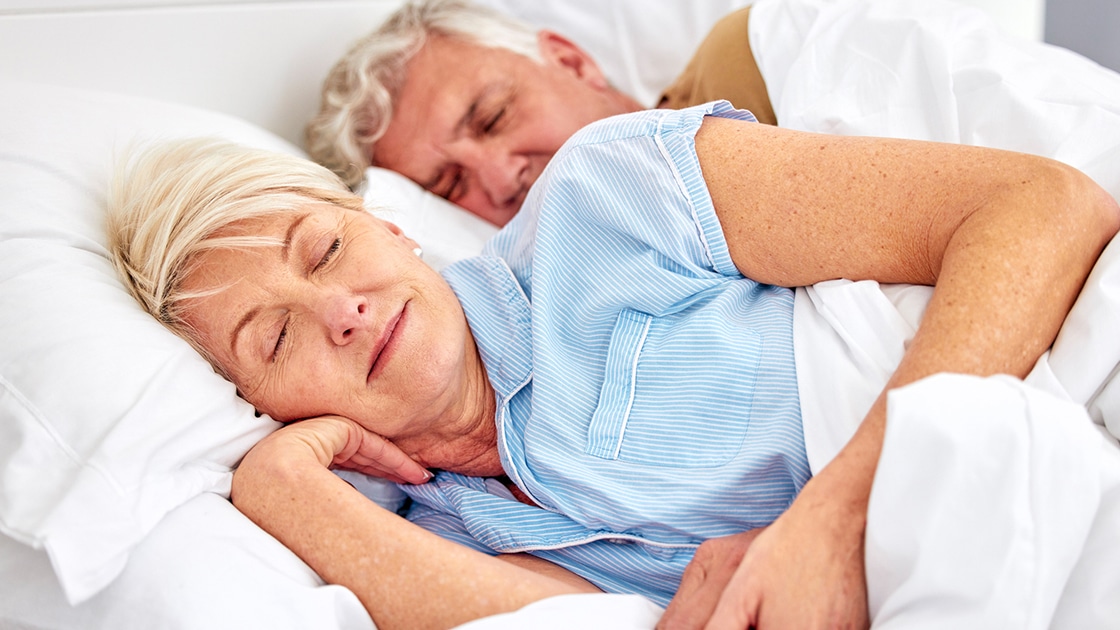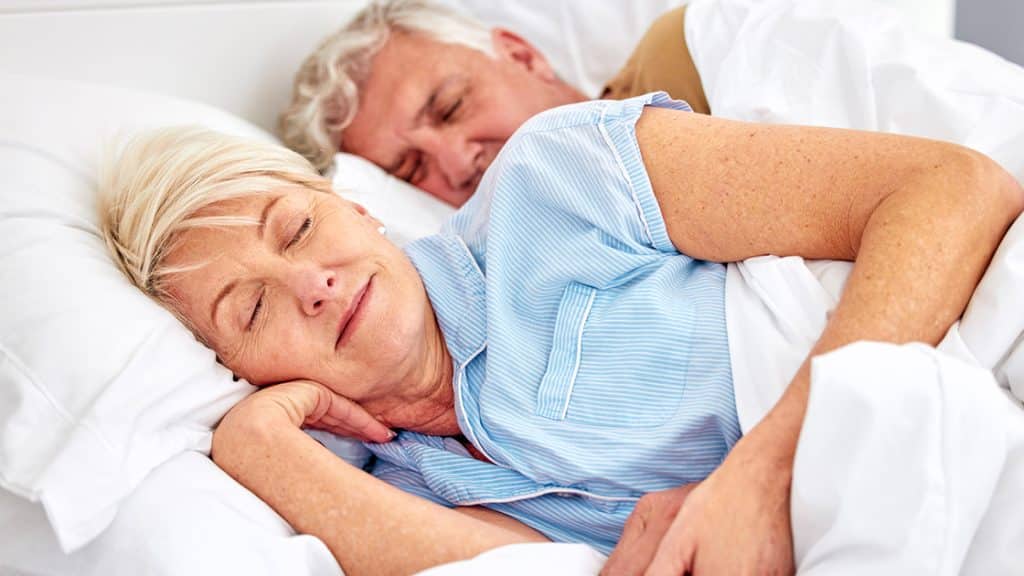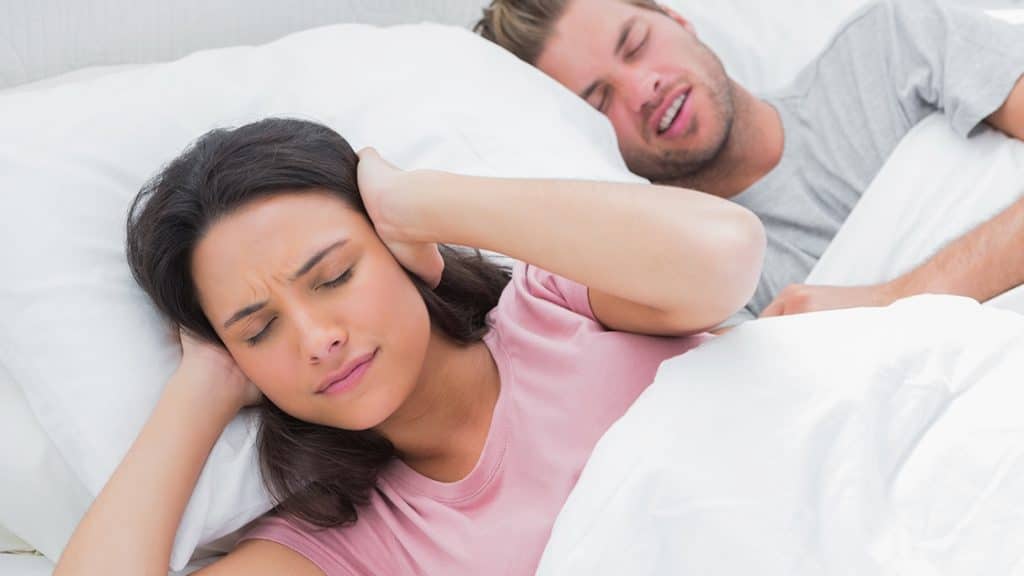
CPAP Supplies Near Me Bergen County NJ
A sleep apnea diagnosis brings tremendous relief—those sleepless nights, morning headaches, and your partner’s snoring complaints finally have an explanation. Yet this relief quickly transforms into a new challenge: mastering CPAP therapy and selecting supplies that make treatment both effective and comfortable.
Successful CPAP therapy requires more than just owning a machine. High-quality, properly-fitting equipment forms the foundation of effective treatment. The perfectly-sealing mask, the humidifier preventing dryness, and clean filters all ensure you receive the restorative sleep your body demands.
For Bergen County NJ residents, finding reliable local CPAP supplies can transform your therapy experience from a struggle into an embraced part of healthier living. This guide will help you understand your CPAP prescription, select appropriate equipment, maintain supplies for optimal performance, and explore alternative treatments when CPAP isn’t the ideal solution.
Decoding Your CPAP Prescription
Understanding your CPAP prescription is the first step toward successful sleep apnea treatment. This guide will walk you through the key components of your prescription, helping you feel more confident and informed about your therapy.
What Do the Pressure Settings Mean?
Your prescription specifies a pressure setting measured in centimeters of water pressure (cm H2O). This number, typically ranging from 4 to 20 cm H2O, indicates the precise level of air pressure needed to keep your airways open while you sleep. Your sleep study results determine this exact calibration, ensuring your treatment is tailored to your unique needs.
Why Is Adherence So Important?
Consistent nightly use of your CPAP machine is vital for preventing the serious health issues linked to untreated sleep apnea. Medical research shows that adherence significantly reduces the risk of cardiovascular disease, stroke, and diabetes complications. Adherence is generally defined by medical professionals and insurance providers as using your machine for a minimum of four hours per night, for at least 70% of nights.
The Initial Adjustment Period
Adjusting to CPAP therapy takes time and patience. It’s normal to experience an acclimation period, which for most patients in Bergen County, NJ, lasts about two to four weeks. During this phase, you are getting used to wearing the mask and breathing against the positive pressure. You may encounter minor side effects like dry mouth, nasal congestion, or a feeling of claustrophobia. These typically resolve as you become more comfortable with the therapy.
A Guide to CPAP Masks: Finding Your Perfect Fit in Bergen County NJ
Full-Face Masks
Full-face masks cover both the nose and mouth. This design is ideal for individuals who tend to breathe through their mouth while sleeping or suffer from nasal congestion. The mask features a larger cushion that seals around the lower part of the face, ensuring consistent therapy delivery even if your nasal passages are blocked.
Nasal Masks and Nasal Pillow Masks
- Nasal masks cover only the nose. They are often preferred by patients who breathe comfortably through their nose during sleep. These masks can accommodate higher pressure settings and provide a secure seal with less facial contact than full-face masks.
- Nasal pillow masks offer the most minimalist design. They use small, soft cushions that rest just inside the nostrils, providing a direct and lightweight solution.
Key Factors in Mask Selection
Selecting the appropriate mask involves several personal considerations:
- Sleeping Position: Side sleepers may prefer the minimal design of nasal pillow masks to avoid interference with pillows. Back sleepers might find the stability of full-face masks more comfortable.
- Facial Structure: The shape of your face and nose will influence which mask provides the most effective seal.
- Facial Hair: Patients with beards or mustaches may require specialized masks designed to create a secure seal over facial hair.
- Skin Sensitivity: The materials and size of the mask can affect comfort for those with sensitive skin.
Our team is here to help you navigate these options and find the perfect fit for your lifestyle, ensuring your treatment is as comfortable and effective as possible.
The Heart of the System: Understanding Your CPAP Machine
Standard CPAP Machines
Standard CPAP machines deliver continuous, prescribed pressure throughout your sleep cycle. Your sleep physician determines this fixed pressure based on your sleep study results, ensuring consistent airway support regardless of breathing patterns or sleep stages. These reliable devices offer the most affordable option and effectively treat straightforward sleep apnea for most patients.
APAP (Automatic Positive Airway Pressure) Machines
APAP devices intelligently monitor your breathing patterns and automatically adjust pressure in real-time. These advanced machines detect airway resistance changes and deliver the minimum effective pressure needed at each moment. By reducing pressure when sufficient and increasing support when required, APAP technology maximizes comfort while maintaining therapeutic effectiveness.
BiPAP (Bilevel Positive Airway Pressure) Machines
BiPAP machines feature dual pressure settings that mirror natural breathing: higher pressure during inhalation (IPAP) and lower pressure during exhalation (EPAP). This approach creates a more comfortable breathing experience for patients who struggle with standard CPAP therapy or have complex respiratory conditions. Physicians typically prescribe BiPAP for central sleep apnea, complex sleep apnea, or cases requiring high pressure settings.
Essential CPAP Accessories and Their Functions

Humidifiers and Heated Tubing
Your CPAP therapy becomes significantly more comfortable with proper humidification. These systems add essential moisture to pressurized air, preventing dryness and irritation in your nasal passages and throat. Modern CPAP machines feature integrated heated humidifiers with adjustable settings, allowing you to customize moisture levels for your specific comfort needs and environmental conditions. Heated tubing maintains consistent temperature and humidity throughout air delivery, ensuring optimal therapy conditions.
Filters: Your First Line of Defense
CPAP filters serve dual purposes: cleaning incoming air and protecting your machine’s internal motor from dust and debris. Replace disposable filters every one to three months, depending on your environment and usage patterns. Reusable filters offer washing convenience but require periodic replacement. For enhanced protection, ultra-fine filters capture allergens and smaller particles—particularly beneficial if you have allergies or respiratory sensitivities.
Mask Liners, Cushions, and Headgear
Effective therapy depends on proper mask fit and seal. Cushions create the critical barrier between your face and mask, making regular replacement essential for maintaining seal integrity and hygiene. Replace most cushions monthly to ensure optimal performance and cleanliness.
The Importance of a Consistent Cleaning and Replacement Schedule
Daily and Weekly Cleaning Protocols
Your CPAP equipment requires regular maintenance to function effectively. Clean your mask cushion and nasal pillows daily with warm soapy water, rinse thoroughly, and air dry completely. Weekly cleaning should encompass the mask frame, headgear, and tubing. Empty your humidifier chamber daily and clean it weekly with a vinegar solution to prevent mineral deposits. This routine prevents bacterial growth, maintains optimal equipment performance, and extends supply longevity.
Standard Replacement Timelines
Manufacturers and insurance providers establish specific replacement schedules for your equipment. Replace masks every three to six months, while cushions and nasal pillows require monthly replacement. Change filters according to manufacturer specifications—typically every one to three months. Tubing lasts approximately six months, and headgear straps need replacement every six months to one year based on wear patterns.
The Risks of Using Worn-Out Supplies
Equipment used beyond recommended timelines compromises your therapy effectiveness. Deteriorated cushions create air leaks that reduce therapy pressure, while worn filters fail to adequately clean incoming air. Old equipment harbors bacteria and microorganisms, potentially leading to respiratory infections and serious health complications.
Troubleshooting Common CPAP Therapy Issues
Addressing Mask Leaks
Mask leaks rank as the most frequent CPAP therapy challenge, yet proper fitting adjustments typically resolve this issue. Ensure your mask fits correctly and adjust headgear straps to create an effective seal without causing discomfort. Inspect your mask cushion regularly for wear, cracks, or distortion that compromises sealing effectiveness.
Managing Dry Mouth and Nasal Congestion
Dry mouth signals mouth breathing during sleep. Address this by optimizing humidifier settings, using a chin strap to promote nasal breathing, or switching to a full-face mask. Combat nasal congestion through proper humidification, pre-bedtime saline nasal rinses, or physician consultation regarding underlying allergies or sinus conditions.
Overcoming Claustrophobia and Discomfort
Gradual acclimation effectively reduces claustrophobia and discomfort. Begin by wearing your mask during relaxed, awake periods, progressively extending wear time as comfort increases. Incorporate relaxation techniques—deep breathing exercises or meditation—to minimize mask-related anxiety.
Navigating Insurance Coverage for Your CPAP Supplies
Understanding Your Benefits
Most health insurance plans cover CPAP equipment as durable medical equipment (DME), but the specifics can vary. To understand your coverage, review your policy for details on:
- Copayments: Your share of the cost.
- Coverage Limits: The maximum amount your plan will pay.
- Supplier Networks: Whether you must use specific suppliers.
- Replacement Schedules: How often you can replace supplies like masks, tubing, and filters.
The Importance of Compliance
Before covering ongoing supply costs, your insurance provider will require proof that you are consistently using your CPAP therapy. This is known as compliance.
- What is compliance? Using your machine for at least four hours per night on 70% of nights within a 30-day period.
- How is it tracked? Your CPAP machine automatically records usage data, which your supplier can then send to your insurance company.
In-Network vs. Out-of-Network Suppliers
Choosing the right supplier impacts your costs and the billing process.
- In-Network Suppliers: These suppliers have agreements with your insurance company, which usually means lower out-of-pocket costs and simpler billing.
- Out-of-Network Suppliers: While they may offer different products, using them often leads to higher costs and more complicated billing procedures.
Exploring Alternatives: When CPAP Isn’t the Right Fit
Oral Appliance Therapy (OAT)
Custom-fitted oral appliances provide a highly effective, non-invasive solution for mild to moderate obstructive sleep apnea. These precision-crafted devices gently reposition your lower jaw and tongue, maintaining an open airway throughout the night.
Key advantages for patients struggling with CPAP:
- Enhanced comfort during sleep
- Convenient for travel
- No electricity or external equipment required
Working with Dental Sleep Medicine Specialists
Qualified dental sleep medicine specialists partner directly with sleep physicians to create oral appliances tailored to your unique anatomy and sleep apnea severity. This collaborative medical approach ensures you receive optimal treatment outcomes with proper oversight.
Lifestyle Support for Better Results
- Weight Management: Excess weight contributes to airway obstruction, but even modest weight loss can dramatically improve symptoms. This may reduce required CPAP pressures or enable successful oral appliance treatment.
- Positional Therapy: Benefits patients whose sleep apnea occurs primarily when sleeping on their back.
The Power of Advanced Technology in Sleep Treatment
At-Home Sleep Screening
FDA-cleared screening tools like wearable rings deliver convenient initial assessment of sleep quality and breathing patterns. These devices provide valuable insights into your sleep and help identify potential disorders before formal studies. At-home screening makes assessment more accessible while allowing you to sleep comfortably in your own bed.
Precision with 3D Digital Scanning
The iTero 3D scanner creates exceptionally accurate custom oral appliances without traditional impressions. This digital approach ensures precise fit and optimal therapeutic results. 3D scanning eliminates patient discomfort from impression materials while delivering superior accuracy for appliance creation.
Innovations in Oral Appliance Design
Manufacturers like Prosomnus use advanced engineering to create low-profile, effective devices. These innovations maximize therapeutic benefits while minimizing bulk and discomfort. Modern appliances feature adjustable mechanisms, comfortable materials, and streamlined designs that make treatment more acceptable for patients.
Finding a Trusted Partner for Your Sleep Health Journey
The Importance of Professional Guidance
Working with a knowledgeable team ensures you receive care tailored to your specific situation. Experienced providers can answer questions about therapy options, supply needs, and alternative treatments. Their professional guidance helps you navigate the complexities of sleep apnea treatment, allowing you to make informed decisions about your care.
The Value of Patient Education
Choose providers who prioritize educating patients about their condition and all available treatment options. Understanding your sleep study results, equipment care, and the lifestyle factors that impact sleep quality empowers you to make better care decisions and achieve successful outcomes.
Coordinated Care for Better Outcomes
The most effective approach to sleep apnea treatment involves seamless communication and collaboration between sleep physicians, dentists, and patients. This coordinated care model addresses all aspects of your condition, leading to optimal treatment outcomes, better follow-up, and improved patient satisfaction.
Sleep Better Solution: Your Local Partner in CPAP Care
Effective sleep apnea management goes beyond just owning a CPAP machine; it requires ensuring every component of your therapy functions correctly. Sleep Better Solution in Bergen County, NJ, is your dedicated partner in achieving this.

Comprehensive Selection of CPAP Supplies
We provide a full range of high-quality CPAP equipment to maintain the effectiveness of your therapy. Our inventory includes:
- Masks
- Tubing
- Filters
- Cleaning accessories
Whether you are beginning CPAP therapy or require a replacement part, our extensive selection ensures you will find the ideal equipment for your needs.
Patient-Focused, Expert Guidance
Navigating CPAP equipment can be complex. Our experienced team provides clear, straightforward guidance to help you make informed decisions without pressure. We prioritize your comfort and long-term health, offering honest recommendations tailored to your specific situation.
Continuous Support for Lasting Success
CPAP therapy is an ongoing process. We offer dedicated support beyond your initial purchase, including follow-up consultations, troubleshooting assistance, and expert advice to ensure your treatment remains effective. With our team’s support, you can be confident in your journey toward better sleep.
Your Path to Better Sleep Starts with the Right Support in Bergen County NJ
Managing sleep apnea effectively requires more than just the right equipment. It demands ongoing support, education, and access to quality supplies and alternative treatment options.
- CPAP Supplies: Properly selected and maintained CPAP supplies are the foundation of effective therapy.
- Alternative Treatments: Modern alternatives, like oral appliances, offer viable options when CPAP isn’t the perfect fit.
The journey to better sleep is achievable with the right information, appropriate tools, and professional support. Understanding your equipment, maintaining proper care, and working with experienced providers ensures you can overcome the challenges of sleep apnea. This way, you can enjoy the restorative sleep your body needs.
Take control of your sleep health. Contact a qualified sleep health professional in Bergen County, NJ, to discuss your CPAP supply needs or explore if alternative treatments, such as oral appliance therapy, are suitable for you. Better sleep and health are within reach.
